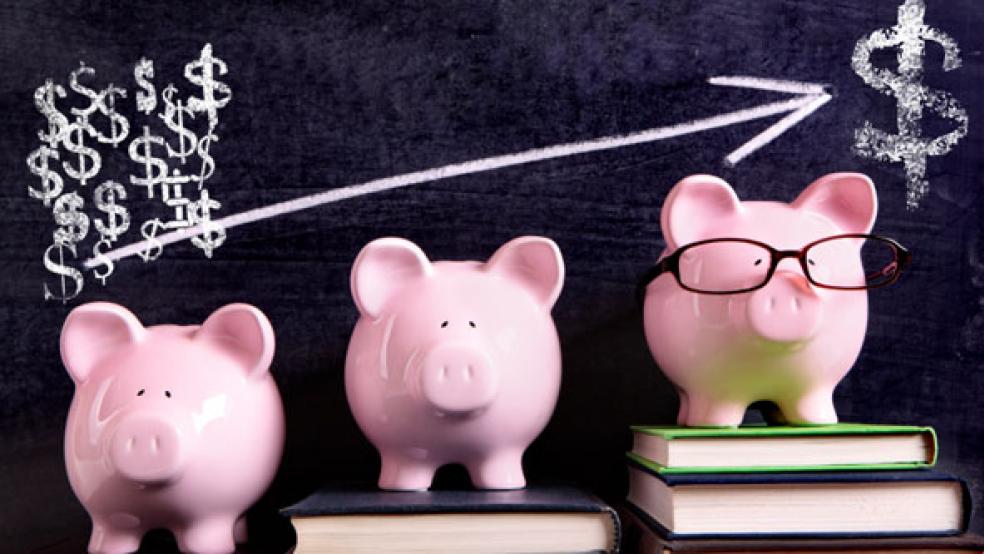If you're 1 of the 40 million consumers with student loans, you may have doubts about ever being able to repay your debt in full or even make a single payment.
Thankfully, both the federal government and private lenders have options you can explore when you're broke and in debt. You can defer your loan payments or request forbearance, both of which pause your payments while you look for a way to rebalance your cash flow.
A deferment is a period during which repayment of your student loan principal and interest is temporarily delayed.
With forbearance, you may be able to stop making payments or reduce your monthly payment for up to 12 months. But, interest will continue to grow.
Related: The Hidden Reason for the Student Loan Crisis
Missed a student loan payment already? See how that impacts your credit with a free credit report at myBankrate.
Borrower beware
But before you jump at the first seemingly simple solution to your dilemma, remember there are consequences to any financial decision.
"It's easy to enroll in a program to delay your loan payments, but you need to realize that you are on a slippery slope and could be sliding into a bigger hole than when you started," says Andrew Josuweit, founder and CEO of Student Loan Hero, a company that helps borrowers manage their student loan debt.
Josuweit knows exactly the danger you could be in. He graduated from college with $70,000 in student loan bills and opted to defer and forbear his payments. He ended up amassing an additional $30,000 in debt from accumulated interest.
Related: FBI Warns of New Student Loan Scam
Defer or forbear?
As a college grad, you typically have a 6-month grace period after graduation before your 1st loan payment is due. After that, if you're unemployed or underemployed, you can explore your repayment options.
- Defer your loans. "You can usually defer your loan repayment for up to 3 years," Josuweit says. "If you have a government loan such as a Perkins loan or a subsidized Stafford loan, the government will pay your interest during the deferment."
Private lenders have different terms and conditions for deferment, but typically either your interest will accumulate and be added to the principal or you can make interest-only payments.
- Request forbearance. "Forbearance is usually limited to a particular time period, often in 1-year-long increments," Josuweit says. "There's no interest subsidy with forbearance, so the interest accrues and is recapitalized to your balance and you end up owing more money."
Private lenders sometimes limit forbearance to 6-month increments, he says.
Related: There’s a New Way to Reduce Student Loan Payments
Qualifying for student loan repayment delays
Josuweit says that private lenders often require you to complete a budgeting exercise to compare your income and expenses to determine whether you can make payments. Federal loans are more discretionary in their evaluation of borrowers. Either way, you have to prove that you have a financial hardship.
"Ideally, you want to just repay your student loans, but if you can't, deferring a government loan is your best option because the interest will be repaid," he says. "In the worst-case scenario, you can request forbearance, but it's best to get out of that as quickly as possible and get back to making payments."
This piece originally appeared on Bankrate. Read more from Bankrate:




